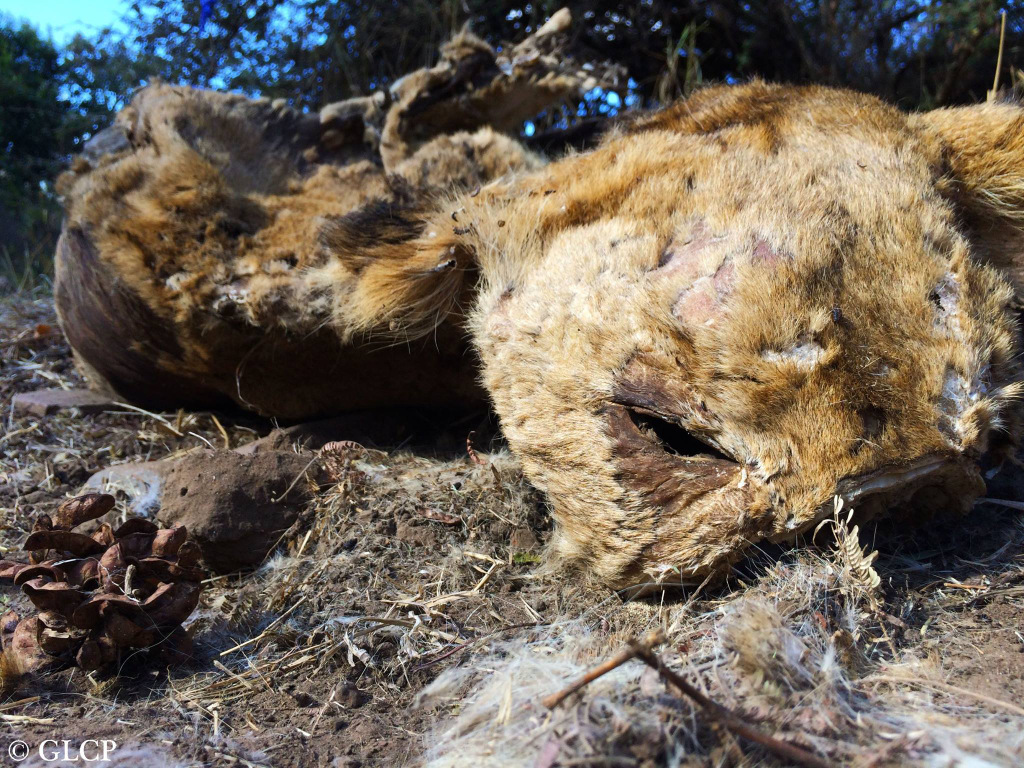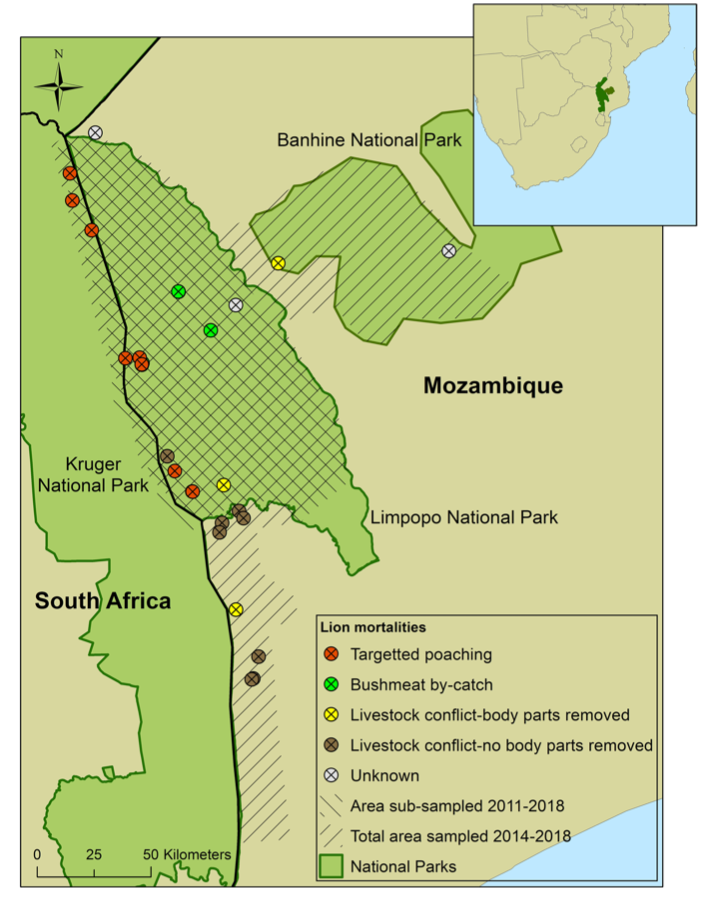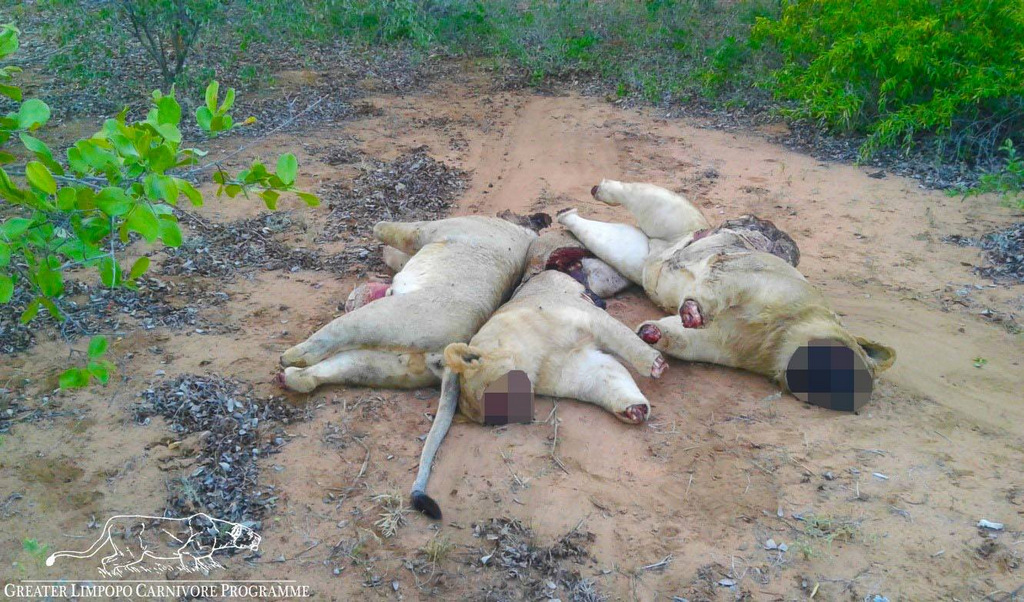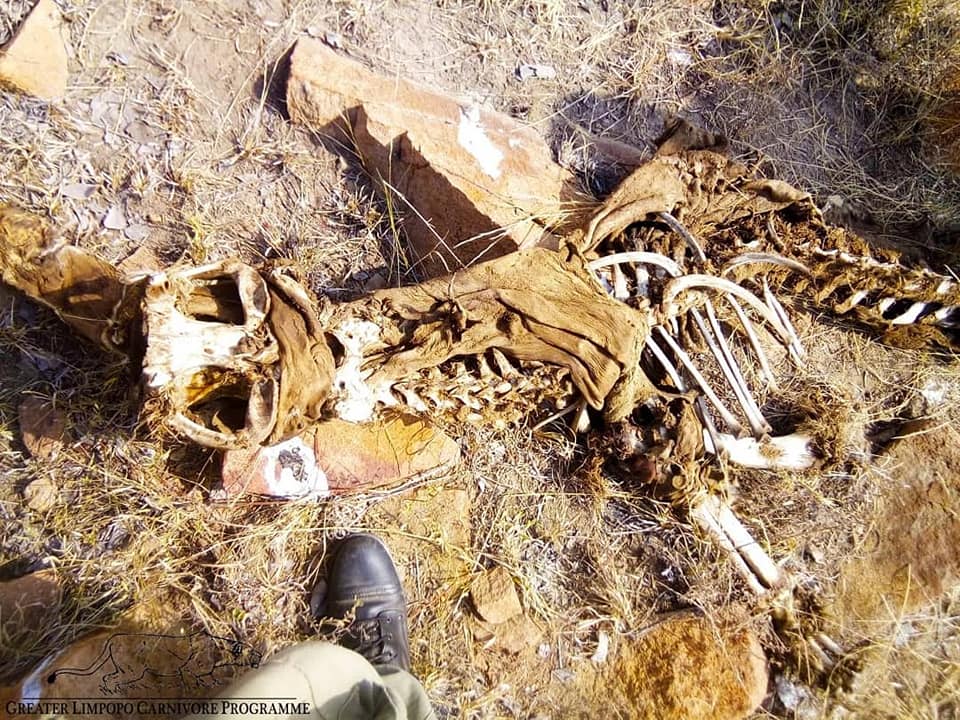
DECODING SCIENCE by AG Editorial
Evidence is emerging of the growing threat to wild lion populations of targeted poaching for lion body parts – teeth and claws.
The Panthera study provides evidence of an emerging threat to African lion conservation: the targeted poaching of lions for body parts – specifically teeth and claws. The study warns that this growing threat could have devastating impacts on lion populations that mirror similar implications for wild tiger populations.
The study was conducted in the Mozambican portion of the Greater Limpopo Transfrontier Conservation Area – which includes South Africa’s Kruger National Park. The targeted poaching of lions for body parts accounted for 61% of mortalities within Limpopo National Park and 35% of known human-caused mortalities across the greater landscape. The researchers also found that retaliatory killing for livestock conflict accounted for 51% of total mortalities, but body parts were removed in 48% of conflict cases, suggesting that the demand for body parts is escalating conflict killings. Teeth and claws were the body parts most frequently harvested, and there has been an alarming and dramatic increase since 2014.

We previously reported similar conclusions made by the Greater Limpopo Carnivore Program, who were participants in this Panthera study.
The study linked the escalation in poaching of wild lions and South Africa’s increasing export of captive-bred lion skeletons and body parts, which has shown exponential growth since 2007. This trade feeds a growing market among upwardly mobile Asians for luxury products, such as lion bone wine, with lion bones used instead of tiger bones as tiger parts become increasingly scarce.

The rising demand for lion body parts could exacerbate motives to kill lions in the vicinity of communities and livestock, irrespective of livestock losses or a perceived threat of losses. Incentivising the killing of lions by demand for body parts could seriously undermine conflict mitigation efforts.
Lion poaching for body parts has also increased in the Niassa reserve in northern Mozambique (C. Beggs Niassa Lion Project pers coms) and of captive lions in the Limpopo province of South Africa (K. Marnewick Endangered Wildlife Trust pers coms). Lions killed for conflict in the Caprivi region of Namibia also had teeth and claws removed (L. Hansen Kwando Carnivore Project pers coms).

Lion populations have declined across Africa by an estimated 43% over the past 21 years, and their range has declined by 75% over the past 50 years. Declines have been predominantly caused by loss of prey and habitat and by persecution from livestock farmers. The study notes that, at times, unsustainable trophy hunting has also caused decreases in lion populations.
Dr Paul Funston, Director of Panthera’s lion program, stated, “We hope this study alerts the global conservation community, and any governments participating in the lion bone and body part trade, to the serious threats it poses. We have seen the toll this trade has had on other wild cat species and must be vigilant about how it impacts lion conservation efforts across Africa.”

Full report: Everatt, K.T., Kokes, R. & Lopez Pereira, C. (2019). Evidence of a further emerging threat to lion conservation; targeted poaching for body parts. Biodivers Conserv. https://doi.org/10.1007/s10531-019-01866-w
To comment on this story: Login (or sign up) to our app here - it's a troll-free safe place 🙂.![]()






